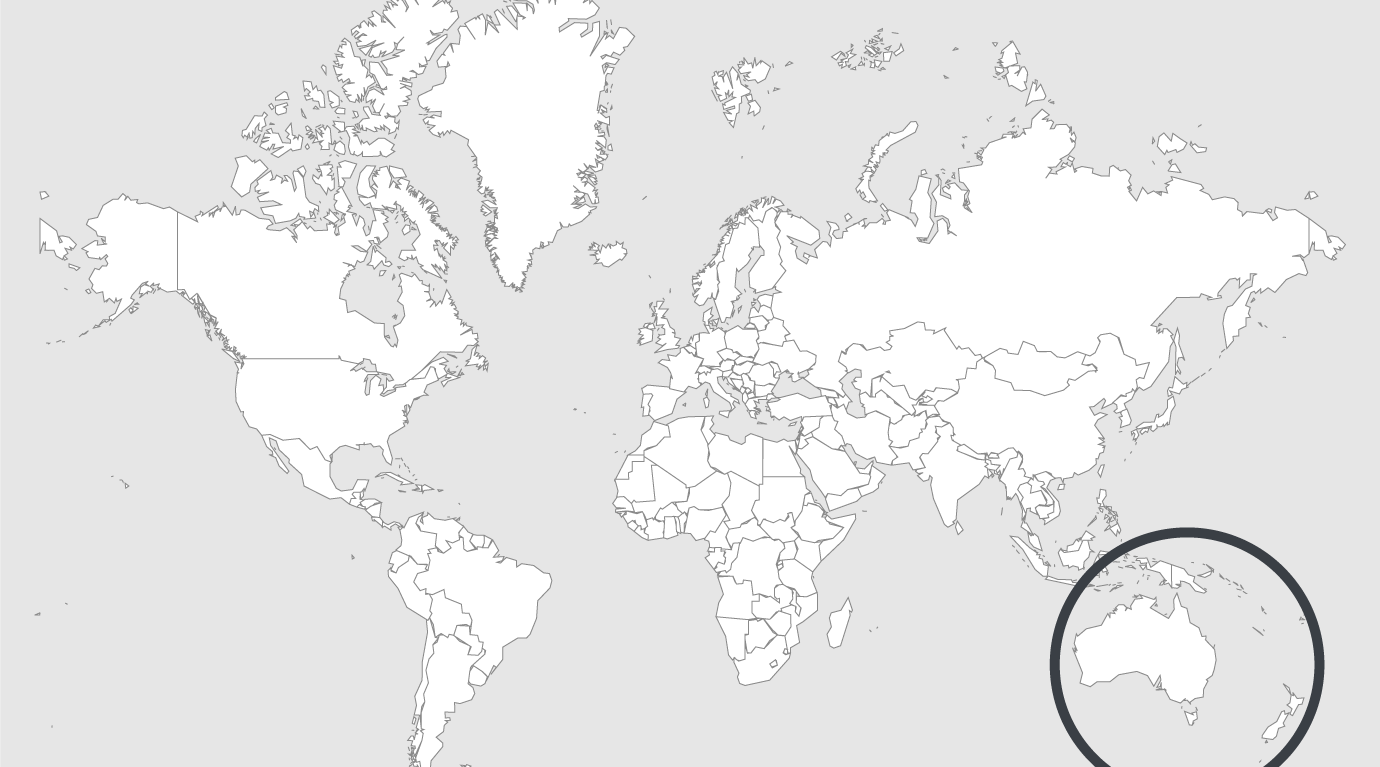
Explore
Australia: aboriginal people in prison and out-of-home care suffering under 'punitive' Covid-19 restrictions
Report reveals inmates going without soap and children in out-of-home care system being refused contact with families
Aboriginal people in prisons are going without soap, and children in out-of-home care are being refused contact with their families under “punitive” restrictions enforced due to Covid-19, a report released on Wednesday has said.
Aboriginal people are disproportionately affected by Covid-19 policy responses at a state, territory and commonwealth level, the report by the Change the Record coalition, said.
Change the Record is the Aboriginal-led justice coalition including Amnesty International, the Law Council of Australia, the National Aboriginal and Torres Strait Islander Legal Services (Natsils) and National Aboriginal Community Controlled Health Organisations (Naccho), representing hundreds of services across Australia.
The report said there have been increased use of lockdowns and isolation within correctional facilities, and a reduced access to education, family and legal visits.
It cites the case of Daniel*, remanded in prison in Tasmania since early 2020 on his first time in custody.
“His matter was heard by telephone in April but he was refused bail. His lawyer sought an adjournment of his matter because they were unable to prepare a defence without being able to see him, properly take his instructions or go through the material with him.
“Daniel is not allowed any visits with his family or his lawyer because of Covid-19 restrictions. He also has health issues, asthma and has extreme anxiety about the virus getting into the prison.
“He reports having no access to any type of sanitiser in prison and was frequently without soap.”
The report calls on governments to release low-risk prisoners from prisons and youth detention centres, but says it has been “difficult” to get up-to-date information about conditions due to “the withdrawal of independent oversight bodies and external scrutiny in many states and territories”.
“As restrictions ease for some of us in the community, we must not forget that the risk of Covid-19 and human rights abuses within prisons remains extremely high,” the Change the Record co-chair, Cheryl Axleby, said.
The report also highlights the “distress and anxiety” about Covid-19 restrictions felt by Aboriginal children and parents in the out-of-home care system.
It cited the case of Benjamin*, born in the Northern Territory in February and removed immediately.
“Due to Covid-19 restrictions, contact with Benjamin and accessing information from Facs has been even more difficult than usual. Benjamin’s mother sought legal assistance due to her inability to get any information from Facs about Benjamin on when the matter was due to be filed.
“Lawyers were forced to make a formal request for a photograph of Benjamin to provide a picture to his mother.”
In Tasmania, one Aboriginal legal service reported that “child safety will not facilitate face-to-face contact with children in out-of-home care and their Aboriginal parent”.
Julia* had been having multiple visits with her child every week but due to Covid-19 her contact has been reduced to one phone/video call a week.
“The Covid-19 pandemic has put enormous stress on everyone, but for Aboriginal families the burden is even greater,” Axleby said.
The report is one of two released to coincide with national reconciliation week. Amnesty International has renewed calls for state and territory governments to raise the age of criminal responsibility to 14. Currently, the minimum age is 10, which Amnesty and Change the Record said is well below international standards.
“The medical evidence is clear – kids are still developing at 10, 11, 12 years old and need to be in school, at home and with their peers, not behind bars,” Axleby said. The report also details allegations of police surveillance of Aboriginal communities, under the guise of Covid-19 restriction enforcement.
It quotes a witness to an incident in inner Sydney: “Two police vehicles were coming in the opposite direction. The second vehicle stopped to talk to an Aboriginal man who was walking slightly ahead of me in the same direction. I stopped in case he needed help or a witness.
“He was agitated and told the police he’d already been stopped twice in the preceding 10 minutes and that he was on his way to the Glebe police station to lodge a complaint about racial profiling.
“He had been stopped 37 times in the past month. He had lived in the area for more than 30 years.”
Names have been changed
